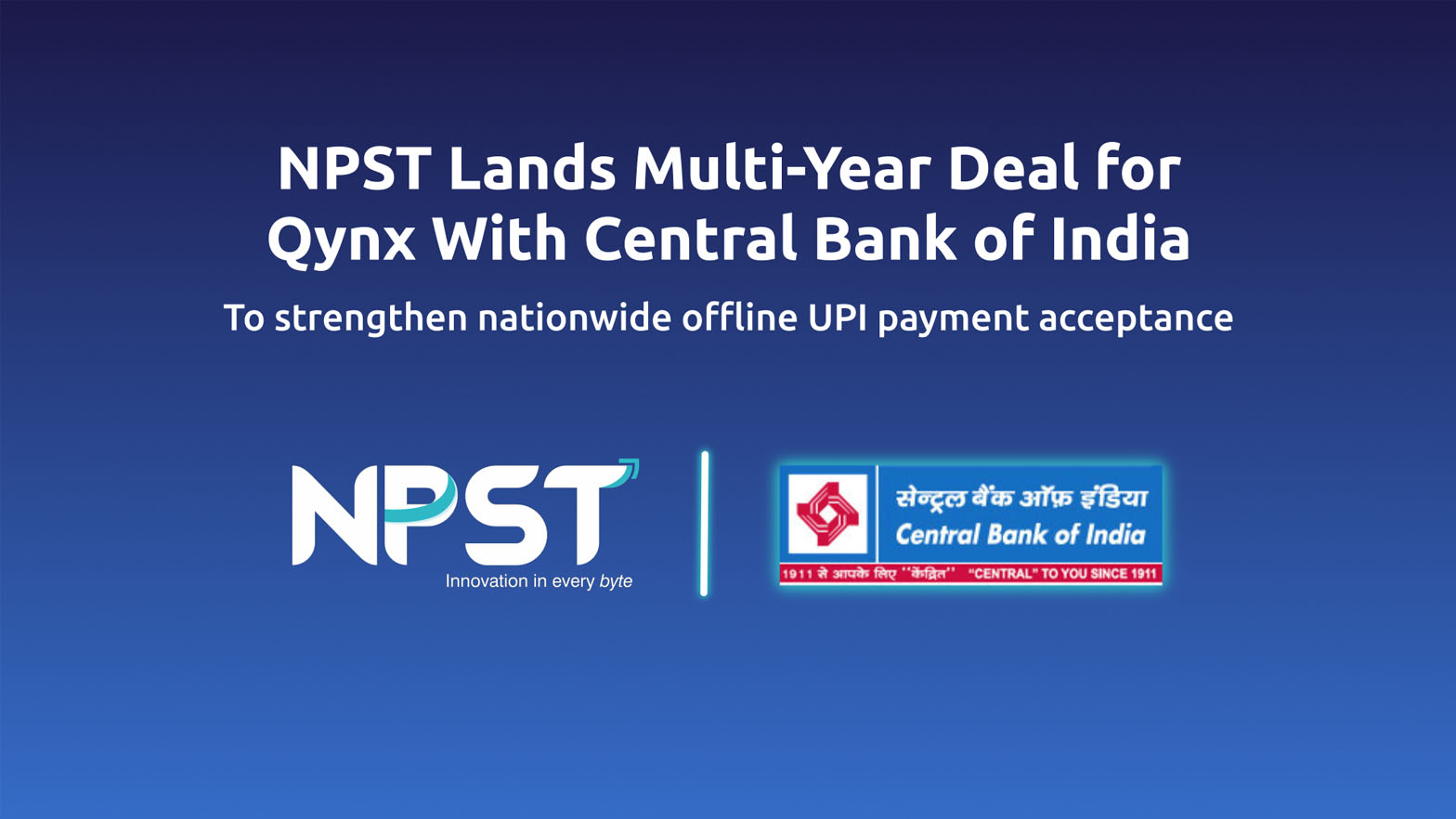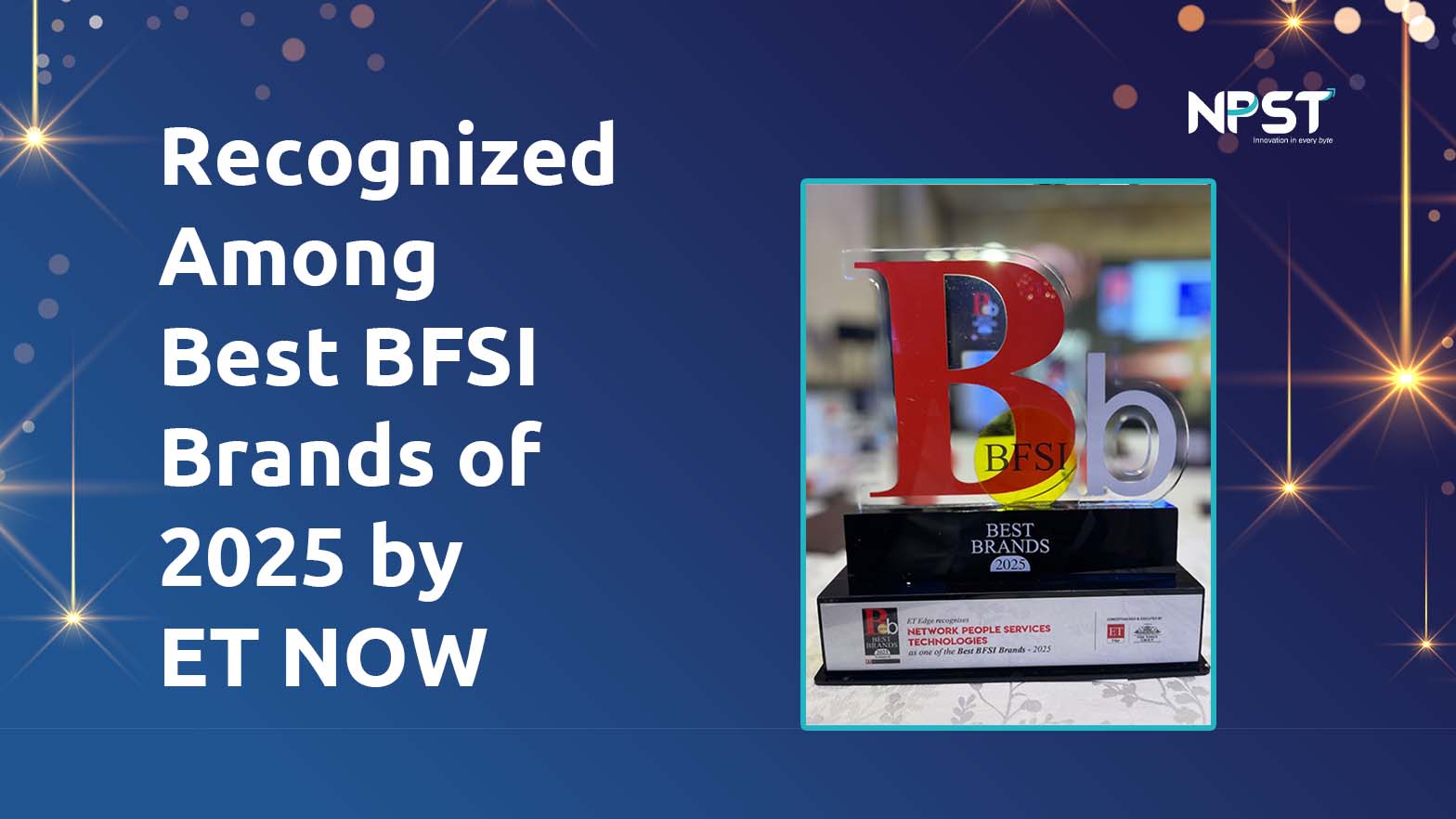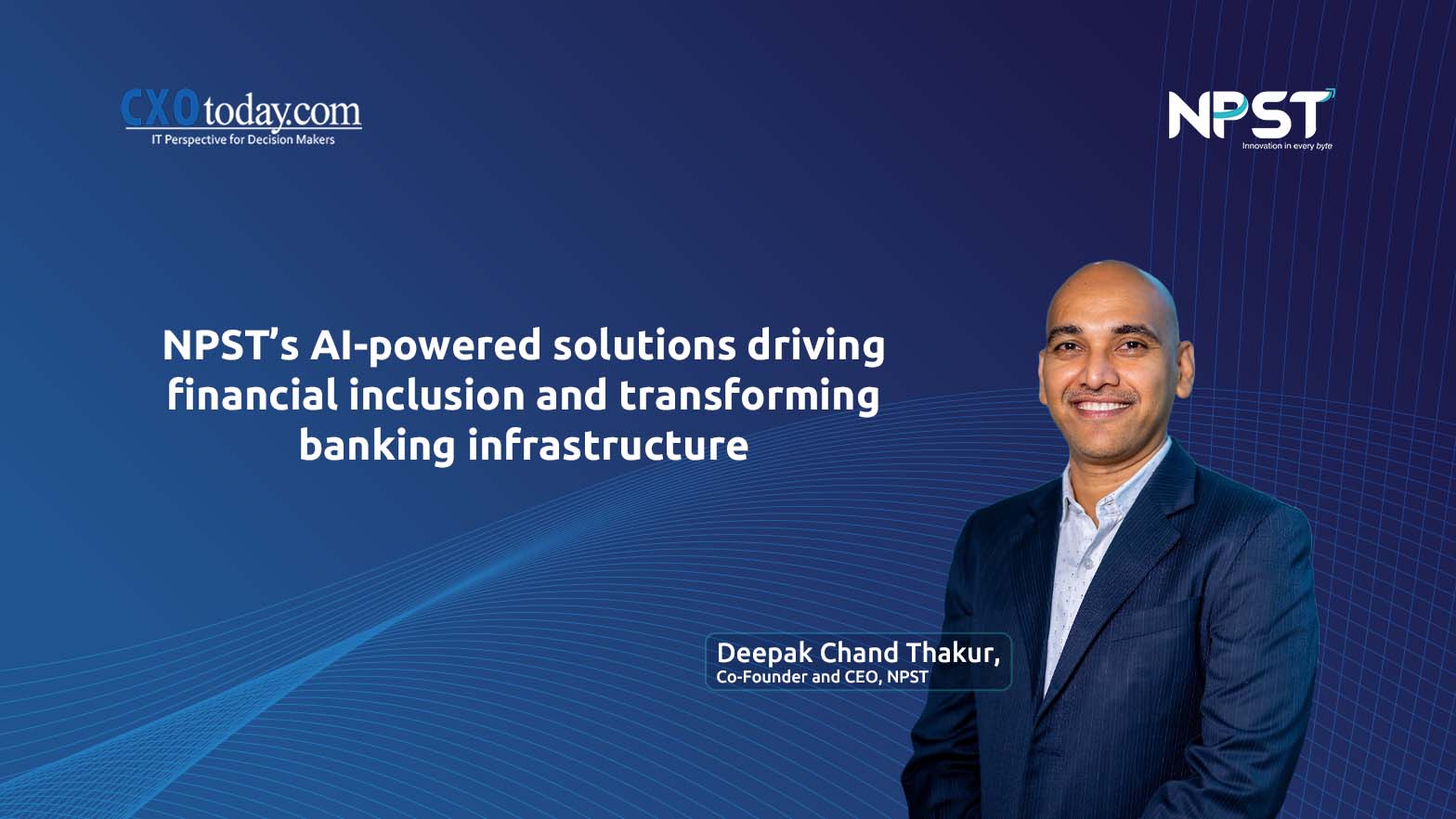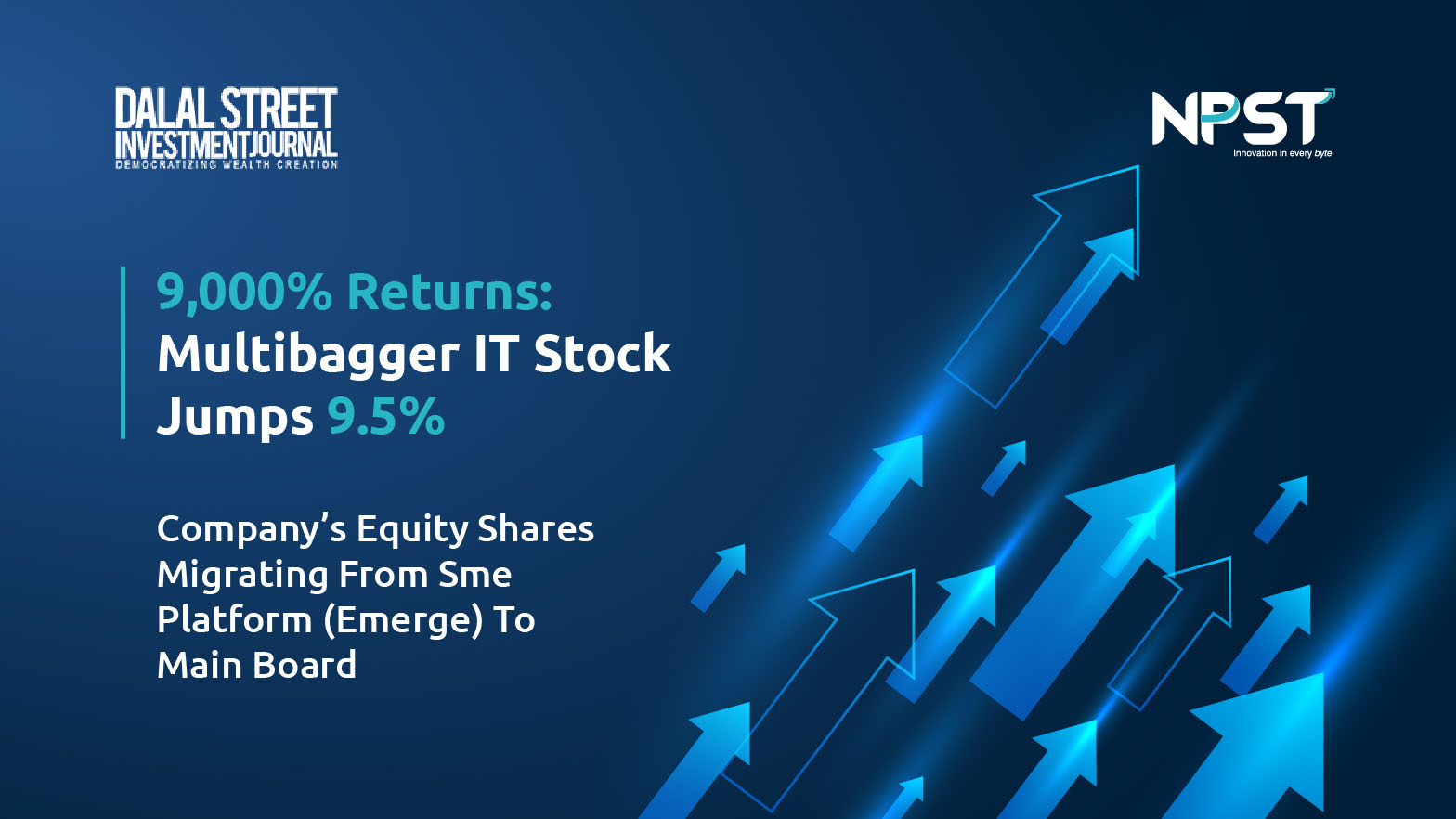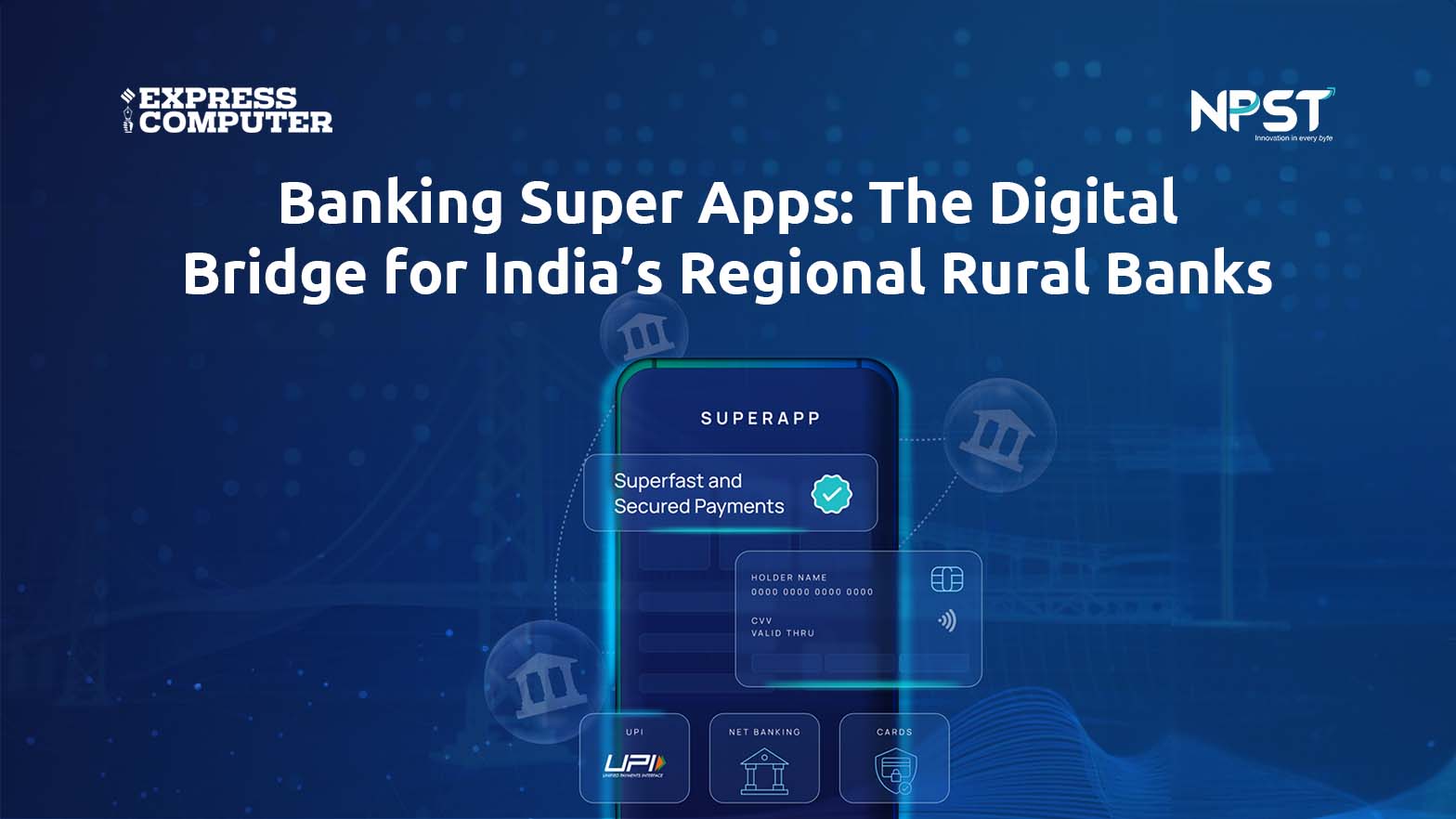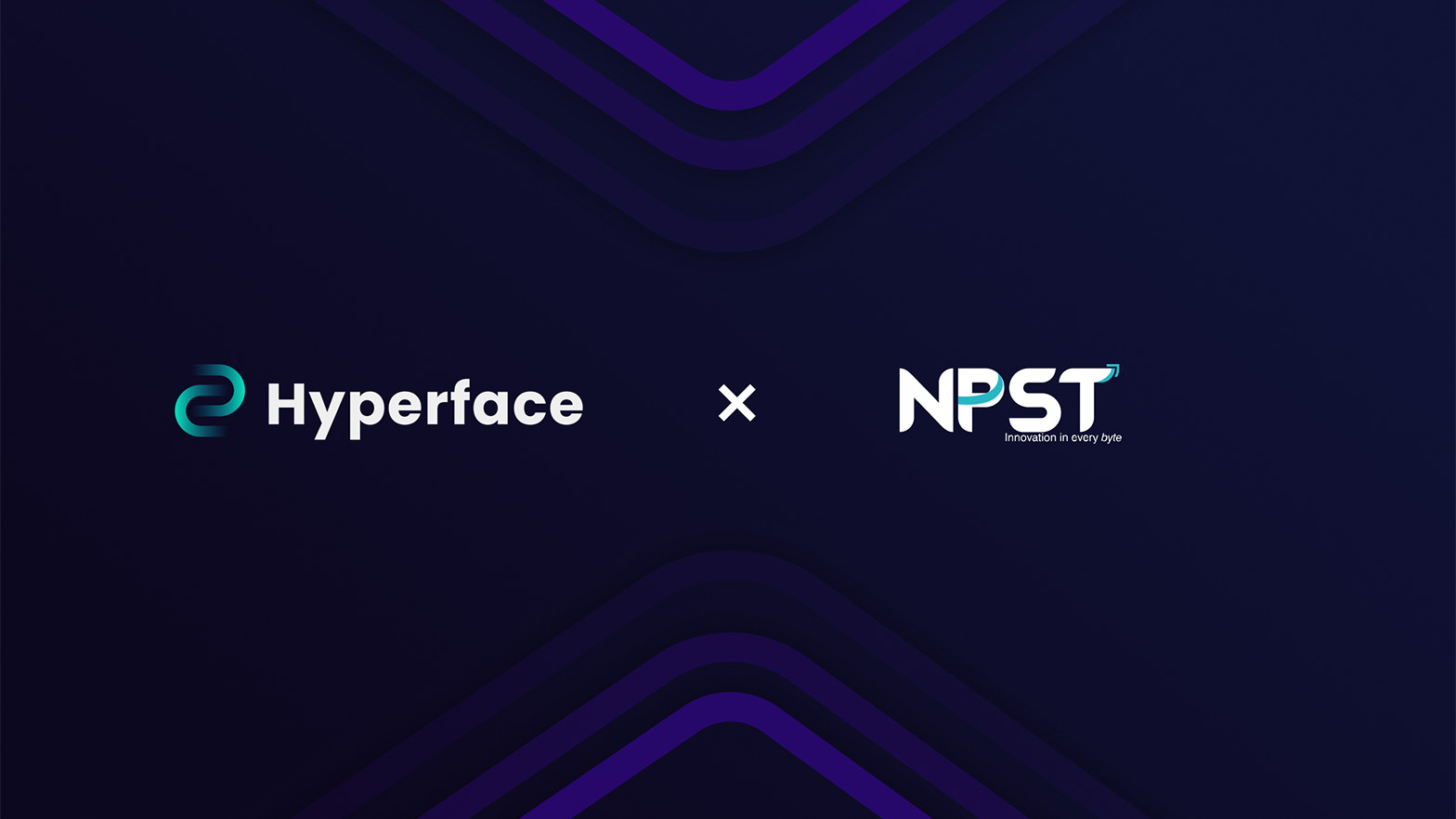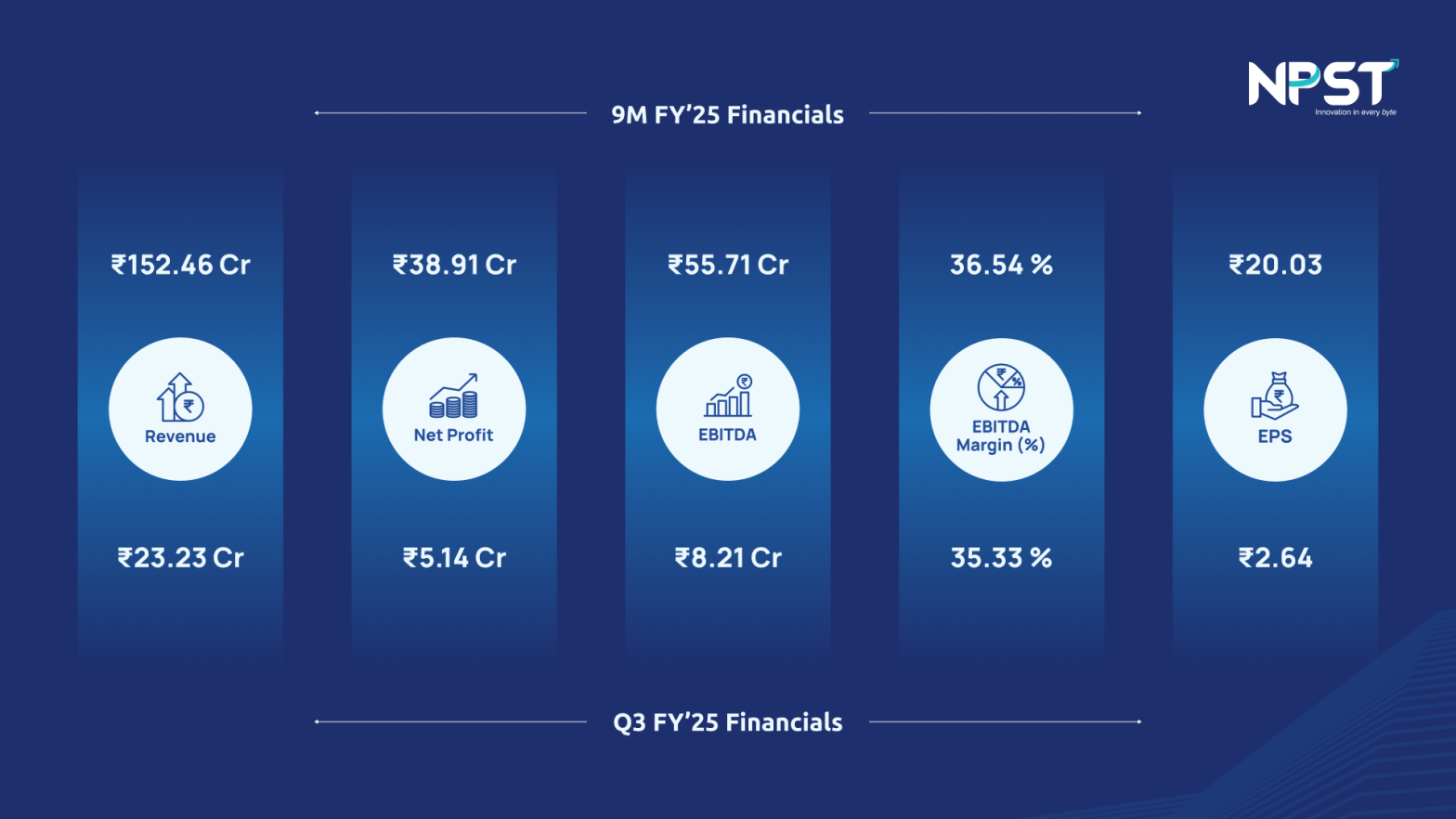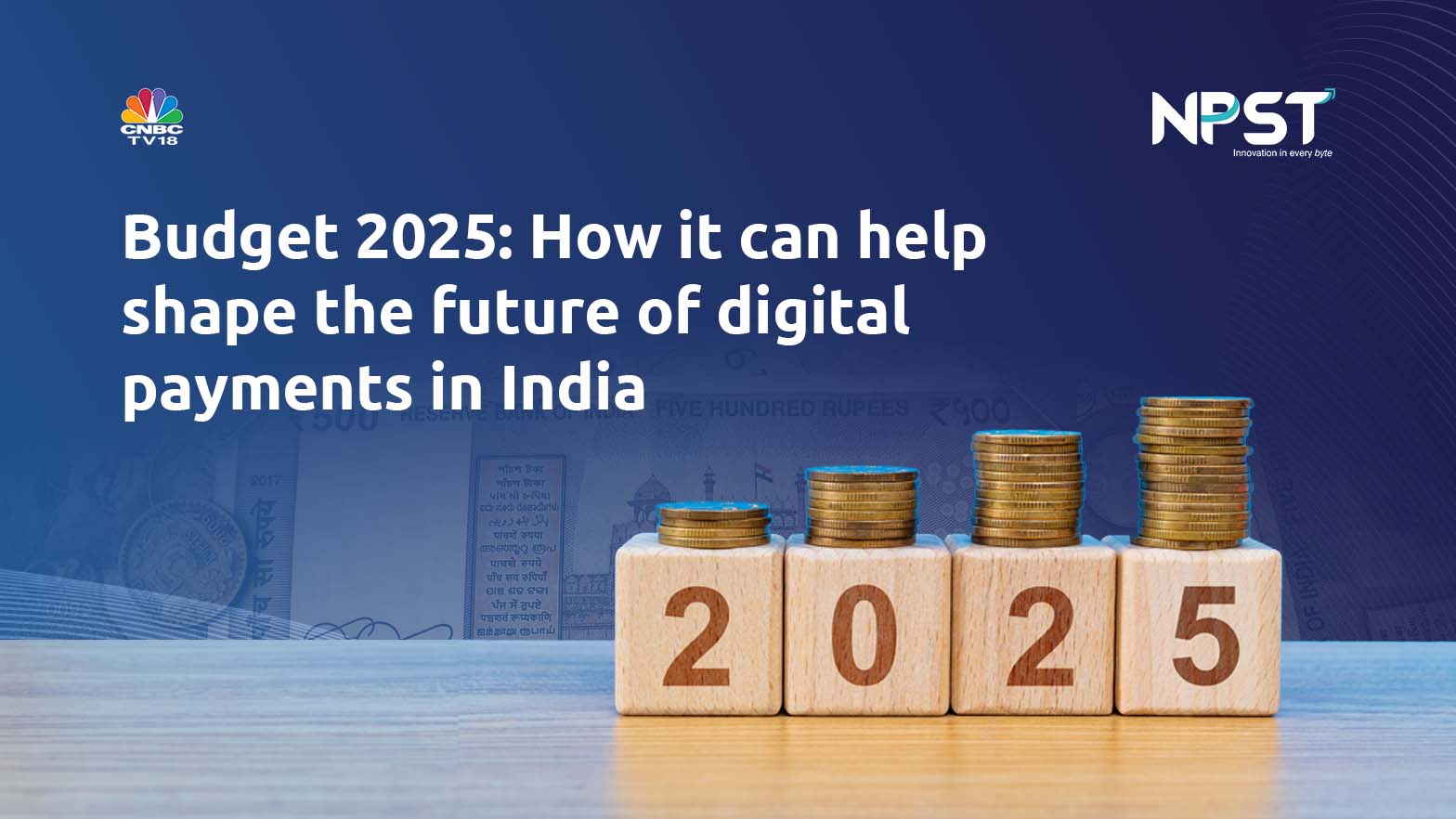“Unified Payments Interface (UPI) processed ₹80.8 lakh crore ($964 billion) in April-July 2024, marking a 37% year-on-year increase. UPI has become the world’s leading alternative payments method, surpassing Alipay, PayPal, and Brazil’s PIX in transaction volume.”
Unified Payments Interface (UPI), which has emerged as the world’s most popular alternative payments method (APM), processed transactions to the tune of ₹80.8 lakh crore ($964 billion) in April-July 2024, a sharp 37% year-on-year (y-o-y) surge compared to the same timeframe the previous year.
Transaction metrics and global comparison
UPI processed a staggering 3729.1 transactions per second with 117.6 billion transactions being processed on the platform in 2023, the highest in the world, according to Paysecure, a global payments hub that caters to all industries and verticals.
It surpassed prominent global payment platforms such as China’s Alipay, Paypal and Brazil’s PIX in the number of transactions. The 3729.1 transactions per second is a 58% increase over the 2348 transactions every second registered in 2022. The value of the transactions done on the platform stood at $2.19 trillion during 2023.
Transactions on UPI totalled a whopping ₹20.64 lakh crore in July this year or about $247 billion, the highest ever achieved by the platform during a month. The value of transactions processed has remained above ₹20 lakh crore for three consecutive months now.
Most nations use some form of APM with central banks creating real-time payment options for customers. This has allowed a large number of people to make payments and transfer money online. To put the worldwide rise to prominence of alternative payment methods into perspective, the Paysecure team examined 40 of the top alternative payment methods from around the world to reveal how many transactions they processed every second.
UPI’s expansion and future prospects
“The APM that had the most transactions in our report was Unified Payments Interface (UPI). India leads the world in digital transactions, with over 40% of payments being made digitally, and UPI being used for a majority of them,” Paysecure said.
“We are adding more channels to UPI. So, the ability to transact across various platforms has increased,” says Deepak Chand Thakur, co-founder and chief executive officer, NPST. “Although UPI started as a simple transaction tool, they have now added credit cards, prepaid wallets and prepaid vouchers among others to the ecosystem,” he says.
“From 300 million users, UPI has more than 400 million users now. Earlier, transactions were being done only through bank accounts. But interoperability has increased a lot now,” Thakur says. The increase in transaction channels has made UPI the most popular payments platform, he says.
“The growth on UPI will double both in value and volumes in the next 2-3 years as new products are getting launched on the platform,” says Rahul Jain, chief financial officer, NTT Data Payments Services India. “Nearly 300 million people who have smartphones are not using UPI for payments now. So, the potential is huge. RuPay credit cards (virtual credit cards) and the newly launched credit line on UPI will drive growth,” he says.
Alternative payment methods around the world
APMs denote payments made without using the debit, credit card of a bank or cash. They have gained huge traction in the past few years due to their sheer convenience without incurring heavy charges. APMs include real-time payments like UPI, digital wallets, mobile payments, online banking, voucher-based payments and buy-now, pay-later options.
Skrill, a digital wallet used in over 100 countries came a distant second in the number of APM transactions in the world with 49 billion transactions in 2023 or 1553.8 transactions per second, data showed. PIX, a real-time payments system that is identical to UPI, which has been developed by Brazil’s central bank, stood third with 42 billion transactions or 1331.8 transactions per second. China’s popular Alipay, a digital wallet, came fourth with 36.5 billion transactions or 1157.4 transactions per second.
UPI’s origin and regulation
UPI is a real-time payments system developed by the National Payments Corporation of India (NPCI) that allows users to transfer money instantly. It is regulated by the Reserve Bank of India (RBI) and has been in use since 2016.
“Nearly every country uses some form of alternative payment, with many central banks even creating their own real-time payment options to allow more citizens the ability to make payments and transfer money online. Diversifying payment options is beneficial to society as it enables banking to become accessible to even the most remote people,” Paysecure said.
Allirajan M is a journalist with over two decades of experience. He has worked with several leading media organisations in the country and has been writing on mutual funds for nearly 16 years.
Source: Mint



